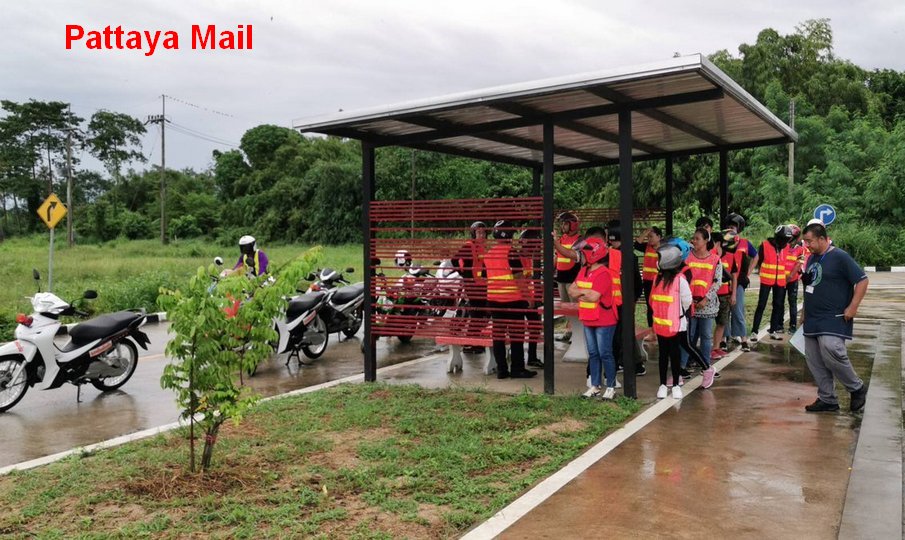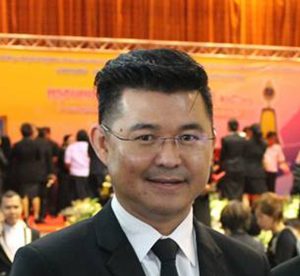
More than half of Pattaya’s expats are believed to be driving around with two or four wheeler transport and everyone has experienced the awesome task of visiting the overcrowded and distant Land Transportation Department (LTD) located next to the International School of the Regents. The LTD often requires remote appointments to be made weeks in advance, since the advent of the pesky virus, and isn’t exactly the model of customer care and smiling faces which customarily accompany the Tourist Authority of Thailand’s advertising campaigns overseas.
So it’s no wonder that many foreigners have turned to local driving schools to see what they can offer to the wannabe road hog. Basically they offer driving lessons in theory and practice, off-public road teaching, teaching the country’s highway code and assisting you to pass the driving test laid down by the Thai authorities. You should check that their driving courses are approved by the Ministry of Education and recognized by the Ministry of Transport. Not all schools offer identical services. Thus Driving School in Pattaya in its publicity specifically teaches how to service your car as well as how to replace tires as part of the overall service.

To drive in Thailand, a person must be at least 18 years old, produce his or her ID card or passport, obtain a medical certificate and – for foreigners – a certificate of residence is required from the immigration police. There is a common myth that foreigners must be in possession of a non-immigrant visa, but Jessataporn Sriboo, or Chang, who heads up the ID driver Chang Pattaya Driving School (located in Huay Yai but with recruitment offices next to the immigration bureau in Jomtien) says that is only for a five year extension once the two year provisional licence has been granted.
Tuition fees vary from school to school but foreigners are typically charged around 3,000 baht for a motorbike and 7,000 for a car. These charges don’t include the cost of the actual licence at the LTD which adds only a few hundred baht to the bill. Institutions registered with the Ministry of Transport can arrange for the theory and practical tests associated with the driving licence to be taken at the school, although the results are password-protected and retained by the LTD for reference. The school then gives successful students an official letter which they take to the LTD to collect their licence. Normally, there is no need to retake the colour-blindness and spatial-depth tests, although occasionally this can be required.
Chang, whose school occupies a 12-rai land area, added, “Driving schools can also help with appointments to renew licences and advise customers about matters such as international driving permits which are valid in Thailand for the duration. If somebody has a national driving licence, say British or Swedish, this is not valid for driving in Thailand, but there is no need to have an official translation provided if there is text in English.” However, he added that police officers at roadside checks do not universally recognize whether a driving licence is domestic or international.
Pattaya driving schools can certainly take much of the tension out of the process of applying for or renewing a Thai driving licence. They are not there to bypass the regulations of the LTD but to assist in passing the theory and practical examinations and to facilitate liaison with the relevant authorities. It should be noted that candidates with special needs, such as a physical handicap, must take their tests directly at the LTD because of the discretionary element in deciding their fitfulness to drive.





